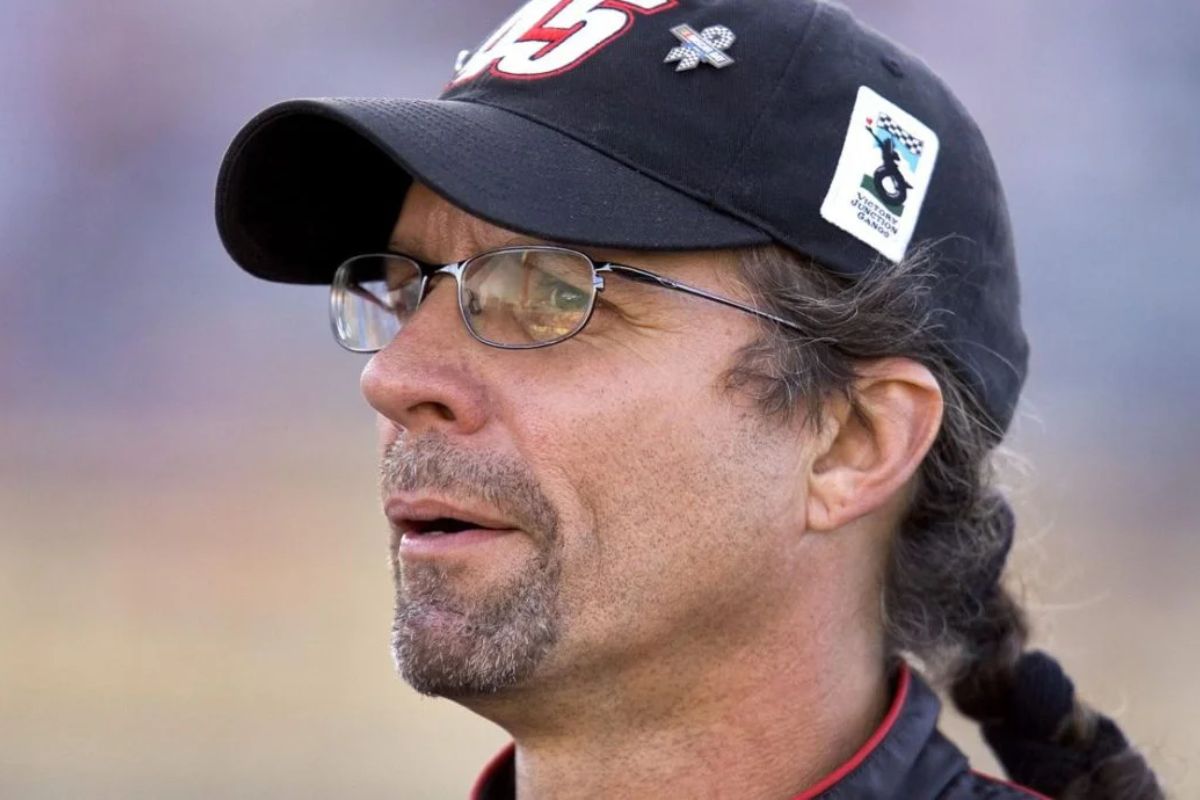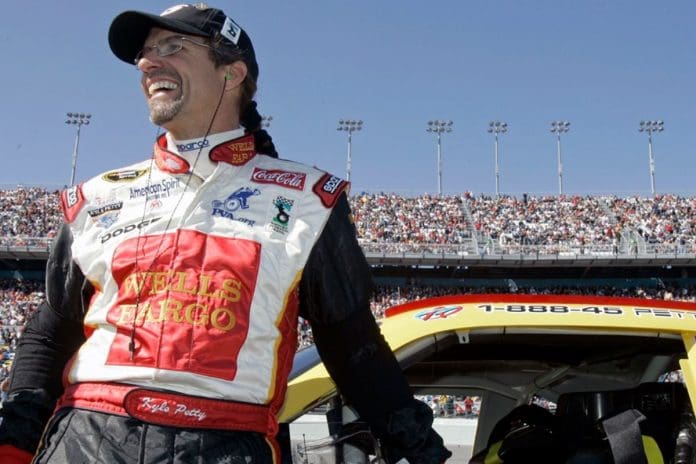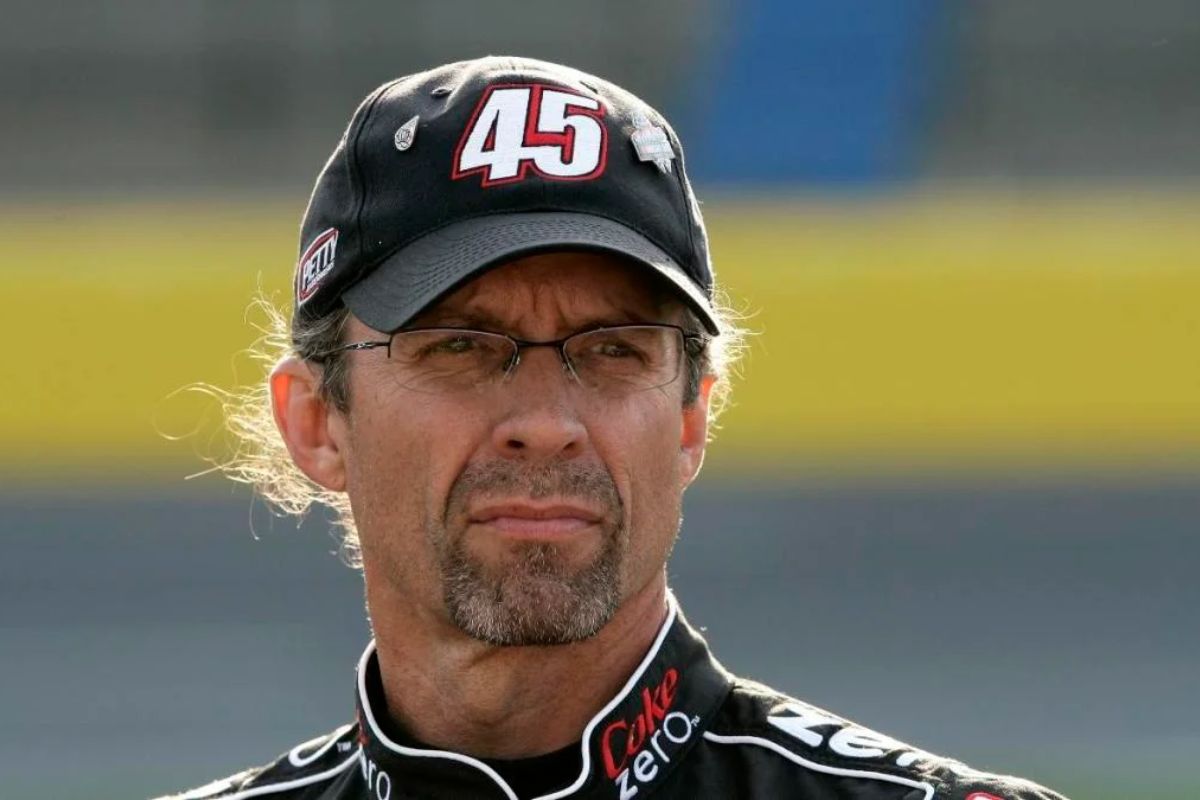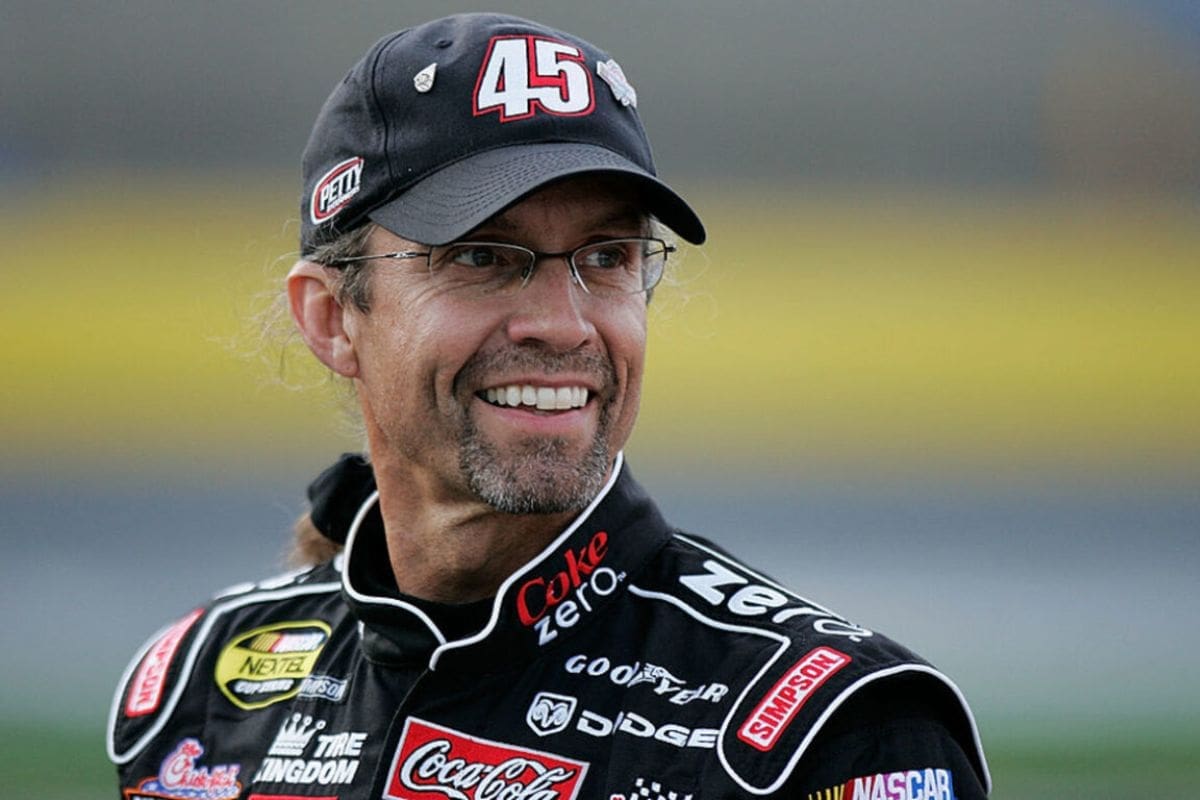Kyle Petty’s Blunt Verdict: Kyle Petty’s recent critique of NASCAR’s Next-Gen cars brings to light a pressing issue: the potential erosion of the sport’s superstar era. By emphasizing parity, these vehicles may unintentionally dilute the distinctive prowess of individual drivers, consequently impacting the cultivation of larger-than-life personas and the deep-seated rivalries that have historically fueled fan engagement and the sport’s narrative. Petty’s argument raises profound questions about the balance between technological advancement and the preservation of individual talent’s visibility.
Key Takeaways
- Kyle Petty criticizes the impact of Next-Gen cars on NASCAR’s superstar era, fearing a decline in iconic driver prominence.
- He argues that standardized cars and tight regulations could diminish the uniqueness of individual talents.
- Petty is concerned that the new parity could weaken the emotional connections fans have with legendary drivers and their rivalries.
- The debate centers on whether technological parity is diluting the essence of NASCAR’s appeal, which has traditionally celebrated dominant competitors.
- There’s a call for NASCAR to reassess regulations to allow greater performance variability, ensuring the survival of superstar status among drivers.
The Next-Gen Cars and the Sunset of NASCAR Superstars
NASCAR legend Kyle Petty has raised concerns that the advent of Next-Gen cars could mark the end of an era for the sport’s superstars, a time once dominated by icons such as Richard Petty, Dale Earnhardt Sr., and Jeff Gordon. This new generation of vehicles, designed with the intent of prioritizing safety and enhancing competitive parity among teams, has unintentionally sparked a debate on the future trajectory of the sport’s identity and its ability to foster individual racing legends.
Petty’s critique depends on the premise that the Next-Gen cars’ standardized components and tight regulations dilute the individual talent and team ingenuity that once propelled certain drivers into NASCAR fame. Historically, NASCAR’s allure was partly attributed to the mechanical and strategic disparities between teams, which allowed for a dynamic range of performance outcomes.
Kyle Petty’s Perspective on Parity in NASCAR
In a candid discussion with Eric Estepp on his YouTube channel, Kyle Petty vocalized his disapproval of the parity induced by NASCAR’s Next-Gen cars, arguing that it diminishes the presence of dominant competitors who historically defined the sport’s competitive hierarchy. Petty’s perspective centers on the belief that the essence of NASCAR’s appeal was the larger-than-life personas and the rivalries that stemmed from a clear distinction between the top contenders and the rest of the pack.
Analyzing Petty’s critique reveals a distinct understanding of sports marketing and fan engagement. The presence of dominant figures like Dale Earnhardt Sr. and Jeff Gordon created narratives that were easy for fans to follow and become emotionally invested in. Petty fears that the levelling effect of the Next-Gen cars, while designed to create a more competitive and unpredictable race, may accidentally erode the narrative depth and the personal connections that fans have traditionally formed with drivers.
In his analysis, he acknowledged the Next-Gen car’s strides in safety and making races at places like Daytona and Atlanta more thrilling. But he’s sticking to his point that a few tweaks won’t fix the bigger problems. Short track races, he argues, are still a bit of a snooze for fans, lacking that punch of excitement they crave.
“I will never ever applaud parity. I hate it. I hate it. I want somebody that I have to chase. I want everybody chasing me. I want Dale Earnhardt Sr. I want Richard Petty. I want Jeff Gordon. I want a guy out there that I got a chase that I can measure myself against. Right now, I measure myself against everybody. And everybody’s the same.” – (Petty)
Challenges with Next-Gen Cars and Short Track Racing
Kyle Petty highlights a significant issue with the Next-Gen cars in NASCAR, noting their detrimental impact on the excitement traditionally associated with short track racing. The introduction of Next-Gen vehicles was aimed at achieving parity among teams, theoretically leveling the playing field and enhancing competition. However, Petty’s insights shed light on an unintended consequence: the similarity of performance has led to a lack of visual and competitive excitement during short track events. These races, historically celebrated for their intense, bumper-to-bumper action and frequent overtaking, now appear more as processional events, with drivers seemingly locked into a ‘conga line’ pattern that severely limits opportunities for driving and the dynamic on-track battles that fans have come to cherish.
Kyle Petty’s got his heart set on Denny Hamlin, hoping he hits that impressive 60-win milestone. But he’s also got his eyes on Kyle Busch, cheering him on just the same, hoping they both reach that mark in their career.
“Will 60 to some of these drivers will that be the new 200? […] As we see drivers start to change their attitudes and move away from the sport in their late 30s or early 40s, that will, that number skew down is that number going to be 36 going to be retirement age in the next five or six years?” – (Petty)
The Need for NASCAR to Rekindle Superstar Status
With all the factors at play, Petty’s pondering how drivers will shine as big-time stars when nabbing just a couple of wins a year is a major feat. According to the veteran, NASCAR’s facing a real challenge in bringing back that superstar glow. But it’s not just about putting the spotlight on the big names; the races themselves have lost some of their sparkle, missing those captivating tales we used to hear way back when.
Back in Richard Petty’s day, NASCAR was all about speed, with cars built by folks who might as well have been rocket scientists. But nowadays, it’s more about strategy, holding that perfect spot on the track. From nailing pit stops to snagging pole position and mastering tire strategy, it’s all about playing the game smart. Most passes? They’re happening right after a restart or deep into a green flag run. With cars on a level playing field, there’s not a ton of room for drivers to charge from the back to the front unless they’ve got luck and a slightly quicker car on their side.
Fans are noticing that the race day commentaries are lacking its usual spark, with the drama that once surged up naturally feeling like it’s gone missing. With all the cars cruising along at pretty much the same speed, unless there’s a big crash or some bumper-to-bumper action, the races just seem to roll on without bringing much excitement, staying pretty consistent from beginning to end.
News in Brief
Kyle Petty’s critique of the Next-Gen cars in NASCAR shows a pivotal concern regarding the sport’s evolution. With an emphasis on parity potentially overshadowing individual talent, the risk of diminishing the allure of superstars and their monumental rivalries looms large.
This shift threatens to dilute the emotional engagement of fans and the iconic status of drivers. NASCAR faces the challenge of balancing technological advancement with the preservation of the individual prowess and charisma that historically fueled its popularity.

Our Reader’s Queries
Q. When did Kyle Petty quit racing?
A. Following his retirement from driving in the NASCAR Cup Series in 2008, Kyle sought to expand his television repertoire. Subsequently, he delved into the role of racing commentator, contributing to FOX Sports, SPEED TV, and TNT. Presently, Kyle remains active in the broadcasting realm, offering his insights in pre and post-race NASCAR Cup and Xfinity coverage on NBC and the USA Network.
Q. Did Kyle Petty lose a son?
A. In 2000, he secured one top-ten finish. Tragically, that same year marked the loss of his son, Adam, who passed away during a Busch Series race practice session at New Hampshire International Speedway.
Q. Is Kyle Petty part of Petty Enterprises?
A. Petty Enterprises, previously known as Lee Petty Engineering, stood as a prominent NASCAR racing team headquartered in Level Cross, North Carolina, USA. Founded by Lee Petty alongside his sons Richard Petty and Maurice Petty, the team enjoyed a legacy deeply rooted in the Petty family. Ownership transitioned over time, passing from Richard Petty to his son Kyle Petty and eventually to Boston Ventures.
Q. Why did Kyle Petty retire?
A. In 2001, Adam Petty embarked on a full-time Winston Cup campaign with the No. 45, transitioning to Dodge along with the entirety of Petty Enterprises. Concurrently, Kyle Petty’s diminishing results in recent seasons prompted his decision to retire following the conclusion of the 2003 season.
ALSO READ: Kyle Petty’s Take on Kyle Larson: Franchise Driver or Falling Short?




